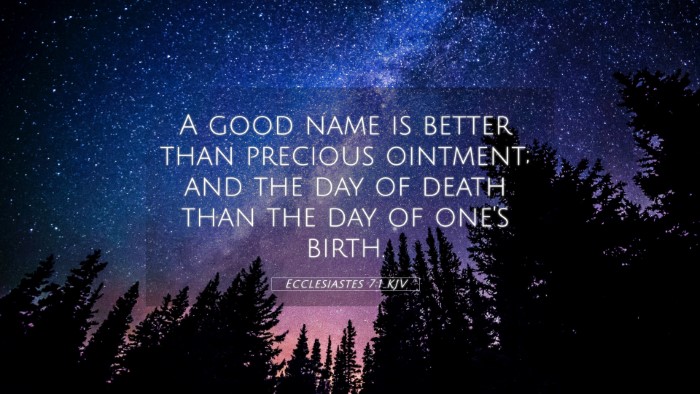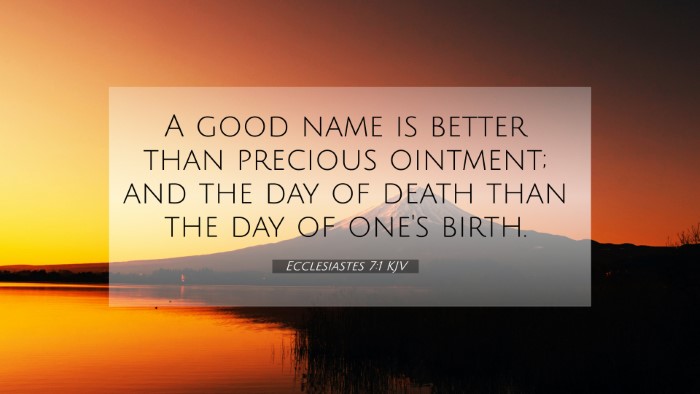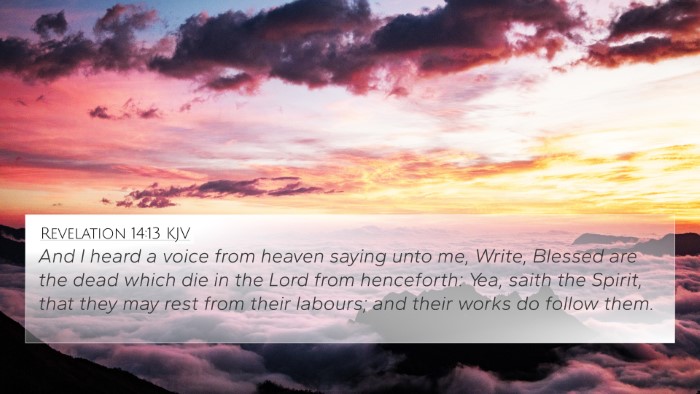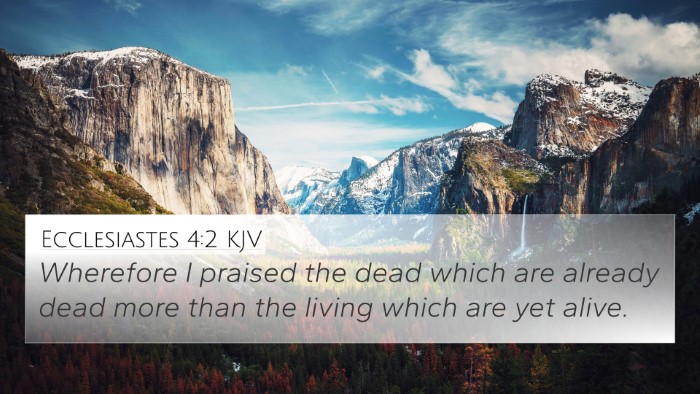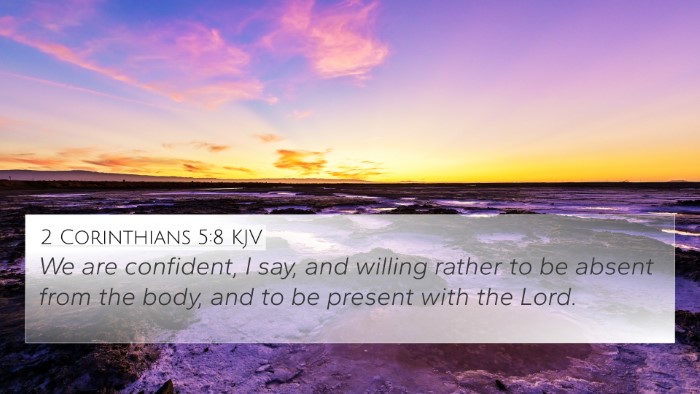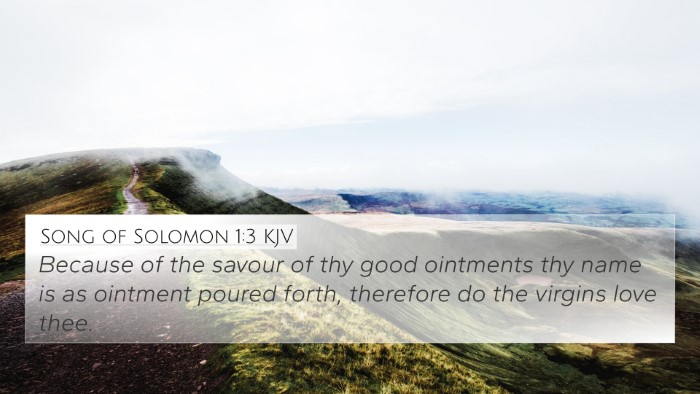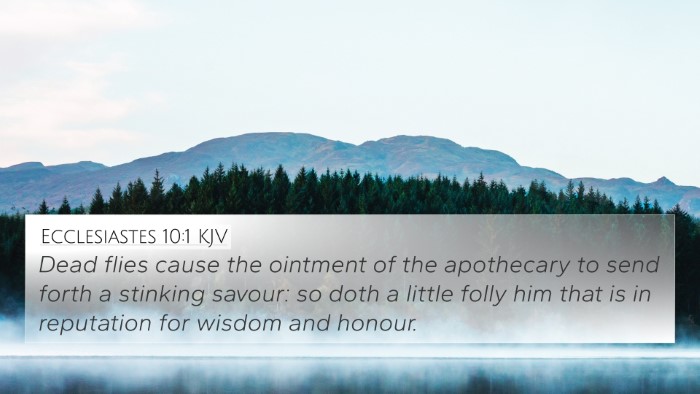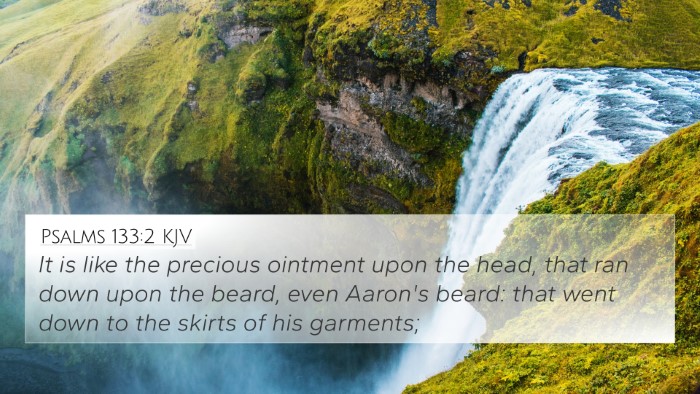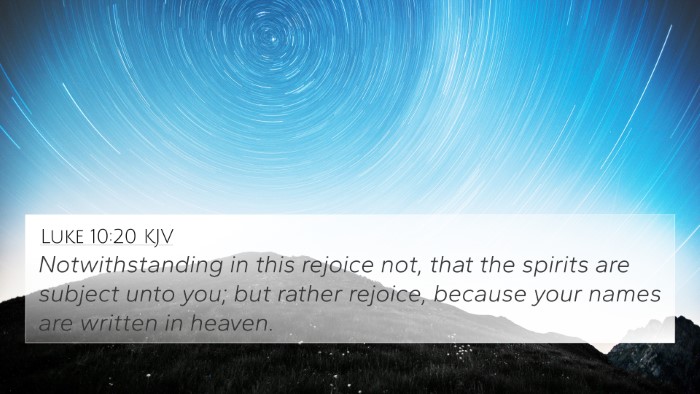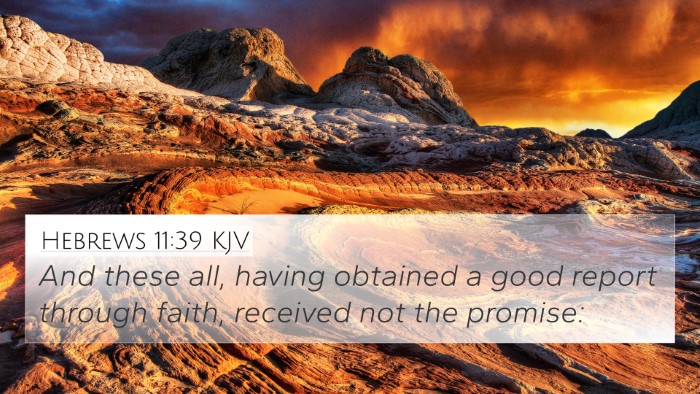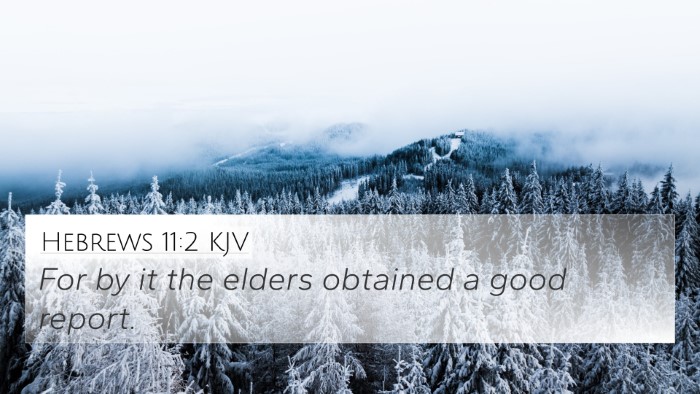Understanding Ecclesiastes 7:1
Ecclesiastes 7:1 states: "A good name is better than precious ointment; and the day of death than the day of one's birth." This verse encapsulates profound wisdom about the values we should hold in our lives. Below, we summarize the insights from prominent public domain commentaries on this verse to aid in understanding its deeper meanings.
Summary of Insights
Matthew Henry's Commentary
Matthew Henry emphasizes the importance of a "good name," highlighting that it signifies reputation and the esteem in which one is held by others. A good name is likened to precious ointment, suggesting that while material wealth (represented by ointment) can fade, a good reputation endures over time. Furthermore, Henry posits that the day of one's death is significant because it marks the culmination of one's life and choices, allowing for reflection on a life lived wisely or foolishly.
Albert Barnes' Commentary
Albert Barnes provides a critical look at the contrasts drawn in this verse. He interprets the "good name" as a moral legacy that outlasts earthly pleasures, such as material wealth. Barnes notes the juxtaposition of life (birth) and death, suggesting that the day of death can be a day of celebration if it reflects a life well-lived, guiding the reader to appreciate deeper, more meaningful aspects of existence beyond mere material gain.
Adam Clarke's Commentary
Adam Clarke discusses the metaphorical use of "precious ointment" to illustrate how a good reputation brings comfort and honor, much like how ointment soothes and heals. He highlights that this verse serves as a reminder that worldly riches are temporary, while a good name transcends wealth, linking it to divine favor. Clarke also notes that facing death often brings with it a chance for reflection and reckoning with one's own legacy.
Cross References for Ecclesiastes 7:1
- Proverbs 22:1: "A good name is rather to be chosen than great riches, and loving favour rather than silver and gold."
- Philippians 1:21: "For to me to live is Christ, and to die is gain."
- Revelation 14:13: "And I heard a voice from heaven saying unto me, Write, Blessed are the dead which die in the Lord from henceforth."
- Job 1:1: "There was a man in the land of Uz, whose name was Job; and that man was perfect and upright, and one that feared God, and eschewed evil."
- Matthew 5:16: "Let your light so shine before men, that they may see your good works, and glorify your Father which is in heaven."
- 1 Timothy 6:7: "For we brought nothing into this world, and it is certain we can carry nothing out."
- Hebrews 9:27: "And as it is appointed unto men once to die, but after this the judgment."
Thematic Connections
Ecclesiastes 7:1 serves as a gateway to exploring various themes within the Bible, illustrating the connections between wisdom, death, and reputation. This thematic analysis unveils how this single verse resonates with numerous scriptures, fostering a deeper understanding of the Biblical narrative.
Exploring Scriptures through Cross-Referencing
In studying the connections between Bible verses, one can employ tools for Bible cross-referencing such as concordances. These resources allow believers and scholars to explore links between themes effectively. For instance:
- Using a Bible cross-reference guide teaches how to connect themes from Ecclesiastes with proverbs, teachings of Jesus, and letters from Apostles.
- Engaging in cross-reference Bible study can shed light on the practical implications of what it means to have a good name in the life of a believer.
- Identifying connections between Old and New Testament can offer profound insights into the continuity of these themes.
Conclusion
Overall, Ecclesiastes 7:1 invites reflection on the nature of our lives and legacies. By linking this verse to others and utilizing cross-referencing methods, one can enrich their understanding of Scripture and apply its wisdom to daily living. Let each reader ponder: what kind of legacy are we forming, and how does this perspective shape our actions and decisions in life and beyond?
Further Study Suggestions
For those seeking deeper exploration:
- Consider pursuing a comparative Bible verse analysis to see how Ecclesiastes relates to wisdom literature.
- Explore cross-referenced themes in the Bible to develop a broader perspective on how virtues and values are intertwined throughout Scripture.
- Engage in harmony studies that identify links between the Prophets and Apostolic teachings, enhancing theological understanding.

